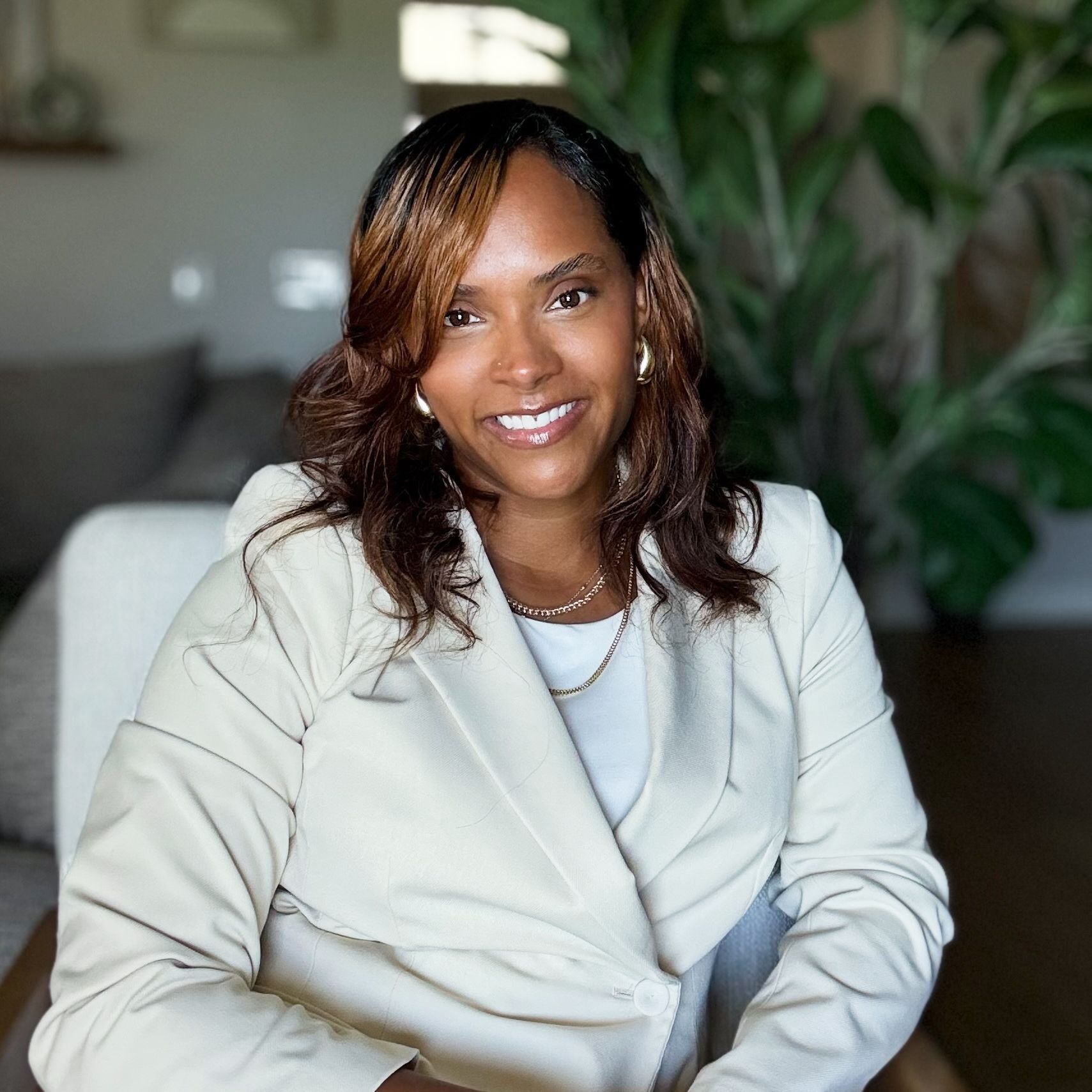Fear of Intimacy and Shame: The Unconscious Saboteurs
By Chris Eversole, Mental Health Coach

All of us need social connections. In fact, our brains need connections with our caregivers from the time we are conceived. A key early connection is between parent and child – coddling and mirroring each other’s facial expressions and voice. This synergy is essential for brain development.
Kids need for their caregivers to love, nurture, protect and accept them. When children don’t have these needs met, they suffer. Their symptoms can include depression, anxiety, aggressiveness and self-destructive behavior.
Another side-effect of adverse childhood experiences can be a fear of intimacy. Intimacy means "into me see," being comfortable sharing your opinions, likes, dislikes, fears, hurts, regrets, hopes and dreams. Intimacy involved being genuine and transparent in your close relationships. If you are afraid of intimacy, you only show people a mask, and you don’t allow others to see your inner self, your soul. When we resist exposing ourselves intimately, we’re in a lonely place.
So, what makes some people afraid to let other people know who they really are? At the core of this fear is shame. Kids often live in shame if their caregivers don’t meet their need but instead abuse or neglect them or even if their home is mostly dysfunctional.
Shame is believing you’re defective, not good enough, unworthy, unlovable, incompetent or bad. Kids internalize ongoing shame when their caretakers don’t meet their needs. Children aren’t mature enough to think through “I’m OK” and my abusive or neglectful father isn’t OK. They may learn to survive by concluding that “there must be something wrong with me that dad is always angry with me.”
Since children who grow up in a generally dysfunctional home feel defective and unworthy, they struggle to develop healthy intimate relationships. At some point, many such people lament a broken relationship. If they explore why their relationship fractured, they can learn that unconscious saboteurs haunt them – shame and a fear of intimacy.
Let’s explore how shame leads to a fear of intimacy. If you’re convinced you don’t deserve love and yet you begin to fall in love, you experience an emotional crisis. It goes like this: "I’m lonely, and I want to have a partner in life, but if I let you get too close to me, you certainly will ‘find me out’ and realize I’m not who you think I am. Actually, I’m the loser that I know I am. If you know who I am, you’ll abandon me, and I’ll suffer.”
So, how do people dominated by shame resolve this crisis? They might sabotage the relationship by criticizing and arguing with their partners, even cheating on them and lying to them. These actions, which are often subconscious, create emotional distance from your partner.
Other people who are torn between their desire to be in a loving relationship and their self-sabotage avoid intimacy altogether by choosing emotionally unavailable partners, such as an alcoholic or someone also has a fear of intimacy.
Other people dominated by shame and fear of intimacy might go up and down like a "yo-yo" with their partners. Here’s the scenario: When they become too emotionally close to someone, it triggers their fear of intimacy, so they pick a fight or criticize their partner to create emotional distance. Then, when the relationship becomes too distant, they fear losing their partner and then reel him or her back in. This cycle repeats itself over and over, just like a yo-yo does.
Another strategy for dealing with shame and a fear of intimacy is by becoming controlling and possessive. Shame-filled people may strive to put their partners in a cage for which they have the only key – attempting to feel safe. Naturally, this approach can becomes a self-fulfilling prophecy because the partner who is disrespected eventually becomes sick of it and abandons them.
None of these strategies for coping with shame and fear of intimacy are healthy. They’re all dysfunctional and are guaranteed to sabotage relationships.
So, how can you overcome our shame and fear of intimacy, how you can become able to participate in healthy intimate relationships?
First, you can come to understand and recognize the unconscious saboteurs within –shame and fear of intimacy, the old programming from a dysfunctional childhood, notes Carl Benedict, a licensed counselor and creator of serenityonlinetherapy.com.
Next, you can learn to feel the fear and shame, and instead of avoiding these uncomfortable feelings, you can strive to observe and accept them while moving forward, one step at a time, by practicing and learning healthy relationship skills. This is a challenging process, and a member of the Transforming Life Counseling Center staff can help you with it.
Chris Eversole is mental health coach at TLCC.






